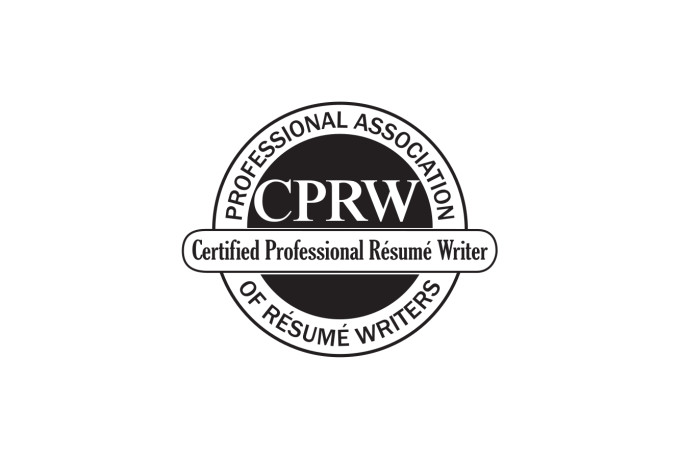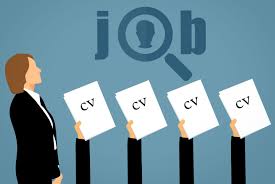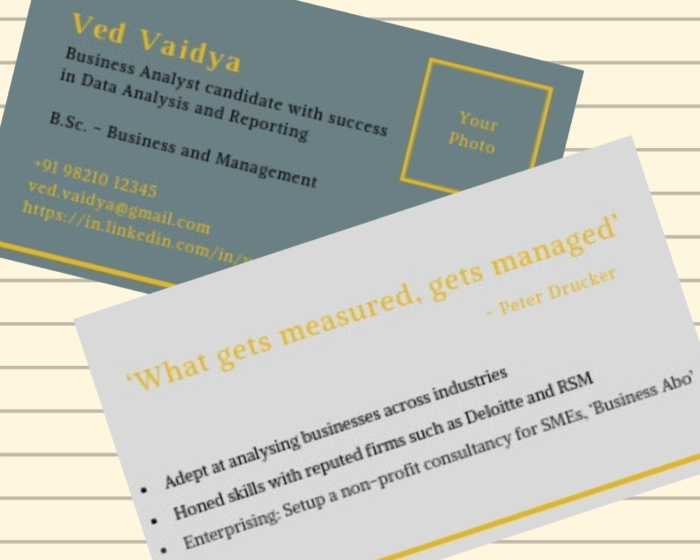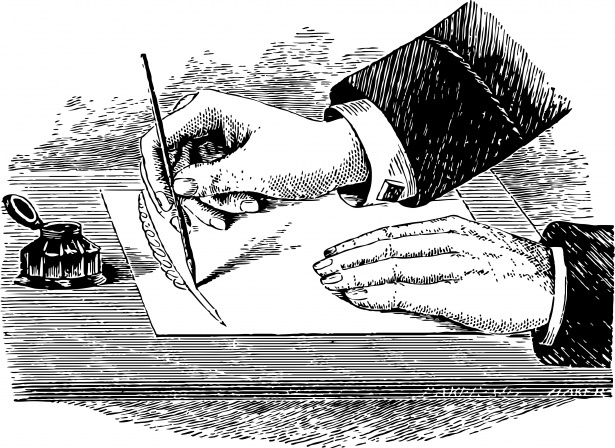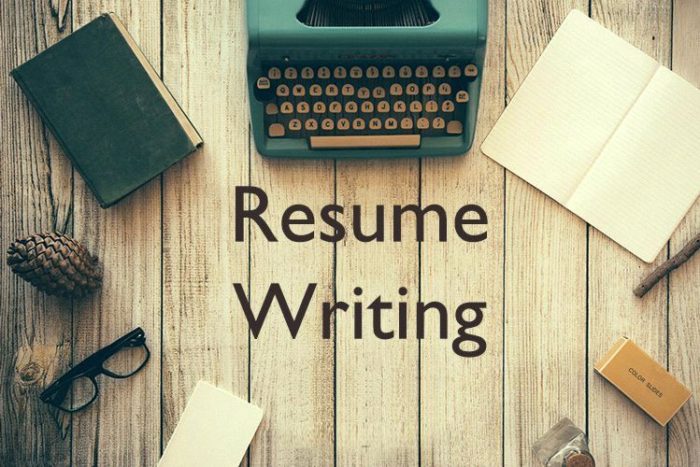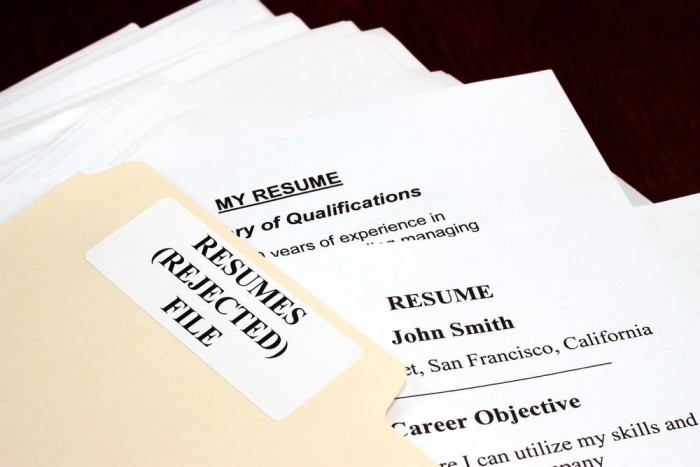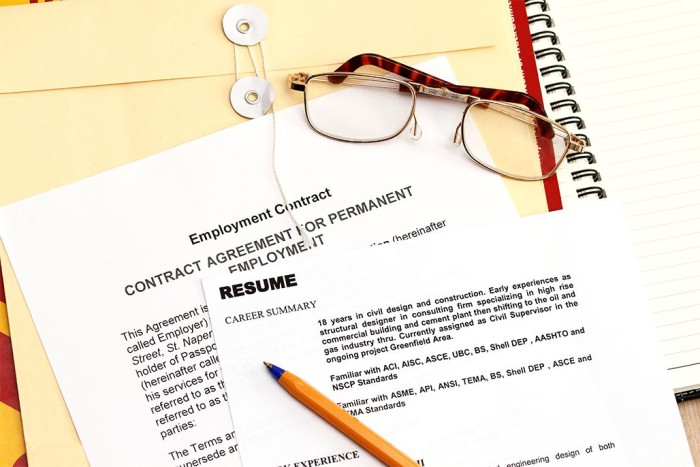Career Advice
The Art of Résumé Writing
Both, Curriculum Vitae (often called CVs) and Résumés have one specific purpose – to secure an interview.
Essentially they are marketing documents that provide key information regarding a jobseeker’s qualifications, skills, education, and experience.
CVs and résumés differ in their usage, format, and length. CVs tend to be long and are generally used for applying in scientific and academic fields whereas a résumé is a brief summary of jobseeker’s qualifications and how he can benefit his potential employer. For the purpose of this article we will use the terms CV and résumé interchangeably, as is the general norm followed across Asia.
Companies receive hundreds of CVs for a single job opening. Hiring managers have to scan through all these and shortlist a few for further processing. Typically, a hiring manager gives a résumé less than 10 seconds of consideration before deciding to short list it. Hence, the CV has to convey an applicant’s capabilities and skills within these 10 seconds.
- The top section of the CV should contain personal details such as Name, Address, Contact Number(s), and Email Address. Details such as gender, marital status, religion, etc. need not be mentioned as they can form a basis for discrimination
- Personal details will be followed by a brief synopsis of the jobseeker’s skills. This will be followed by the Professional Experience section which, in turn will be followed by an Education section. (Obviously, one can have other sections such as Training, Academic Projects, etc. based on credentials)
- Ensure that the CV is free of spelling and grammatical errors. Check and recheck it!
- Use an easy to read font with a minimum font size of 10
- Finally, the document should be well formatted and look uncluttered
In conclusion, the résumé or CV should be as professional as presentations/projects that are made by you for academic purposes. Follow this one tip and everything else will flow from it!


